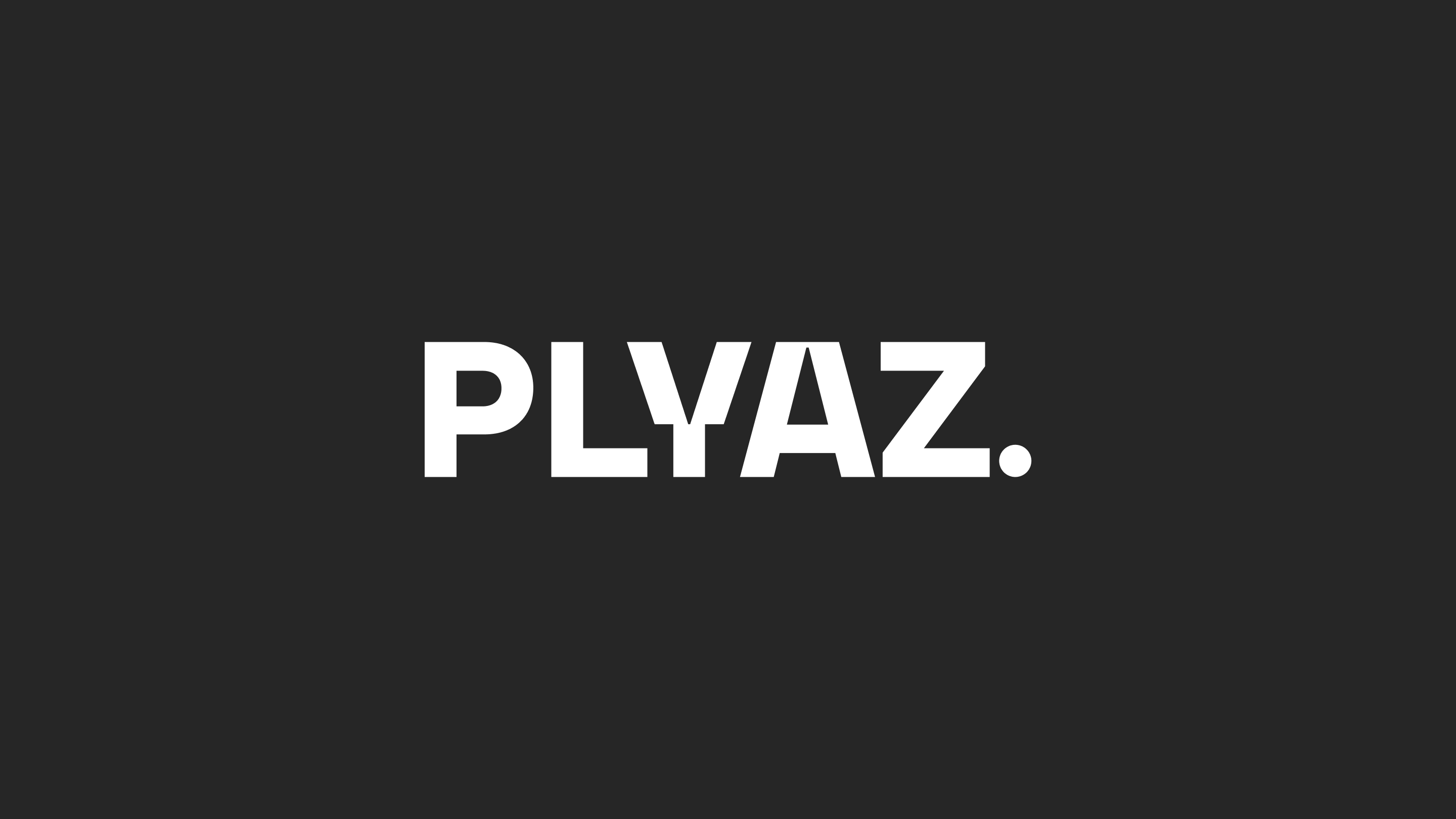
Back
We're building a platform to fund football comebacks. Here's why
by iansilva@plyaz.co.uk

The stat that won’t leave me alone
10,000 - That’s how many boys are released from English football academies every single year.
Not injured. Not talentless. Not lazy.
Released.
Some at 14. Most at 18. All with the same brutal message: “Thanks for nine years of your life. Good luck out there.”
98% of them never play professional football again.
I’ve been thinking about that stat for months; and the more I think about it, the angrier I get.
Not because football is cutthroat. Everyone knows that.
But because when these players get released, they get nothing:No transition plan. No mental health support. No advice on how to keep going. No acknowledgment of the childhood they sacrificed for the game.
Just a handshake and a “we wish you all the best.”
And then… silence.
The problem nobody talks about
Here’s what nobody really tells you about getting released:
You lose everything at once.
-
Identity: You’ve been “a footballer” since age nine. Now you’re not sure who you are.
-
Community: Your closest friends were teammates. Now they’ve scattered to new clubs.
-
Routine: You went from 15 hours of structured training a week to zero.
-
Dream: From imagining Premier League stadiums… to trying to figure out what’s next.
While most 18-year-olds are picking universities or jobs, released players are rebuilding their entire sense of self ; after being told they weren’t enough.
And here’s what hurts most: many still want to play. They just don’t know how, or they can’t afford to.
The players who refuse to quit
Some walk away completely; and who can blame them? Giving nine years of your life to something that didn’t work out takes its toll.
But some refuse to quit.
They drop down to non-league football. They train before sunrise. They pay out of pocket for every trial, every coach, every physio session. They keep showing up; even when no one’s watching.
They grind in the shadows for one more chance.
And every so often, one breaks through:
-
Jamie Vardy: Released at 16, worked in a factory, signed by Leicester at 25, then won the Premier League.
-
Charlie Austin: Bricklayer turned Premier League striker.
-
Ian Wright: Sunday league baller to Arsenal legend.
Rare stories, sure — but proof that released doesn’t mean finished.
It just means the system couldn’t see your potential yet.
The resource gap
Here’s the real kicker: continuing the dream costs money.
League Two trial? £200 for travel and accommodation.
Physio for nagging injuries? £80 per session…. you’ll need ten.
Gym and strength work? £60 a session.
Boots? £150.
Sports psychologist? £100 just to get started.
If you’re 19, working full-time and playing semi-pro on the side, those numbers hit hard.
So, you train alone. You skip recovery. You play through pain. You tape your old boots and keep going until something breaks; your body or your confidence.
The talent’s still there. The hunger’s still there.
What’s missing? The resources.
Enter Plyaz
That’s exactly why Plyaz exists; to make sure talent doesn’t die because of circumstance.
We’re building a platform where released and semi-pro players can tell their story, get support from real fans, and find the backing they deserve.
Not charity. Not pity. Just belief, turned into action.
Because whether it’s £10 for physio or £500 for a trial abroad, sometimes a little help is all it takes to keep a dream alive.
Why it matters
Every underdog story begins the same way: with someone who refused to stop.
The kids released at 18 aren’t failures; they’re fighters. Undervalued, unseen, but far from done.
Plyaz is here to back those fighters. To remind them that the journey doesn’t end when the academy door closes; it’s just getting real.
Released doesn’t mean defeated.
This is Plyaz. This is the comeback.
🖋️ Ian Founder of Plyaz
